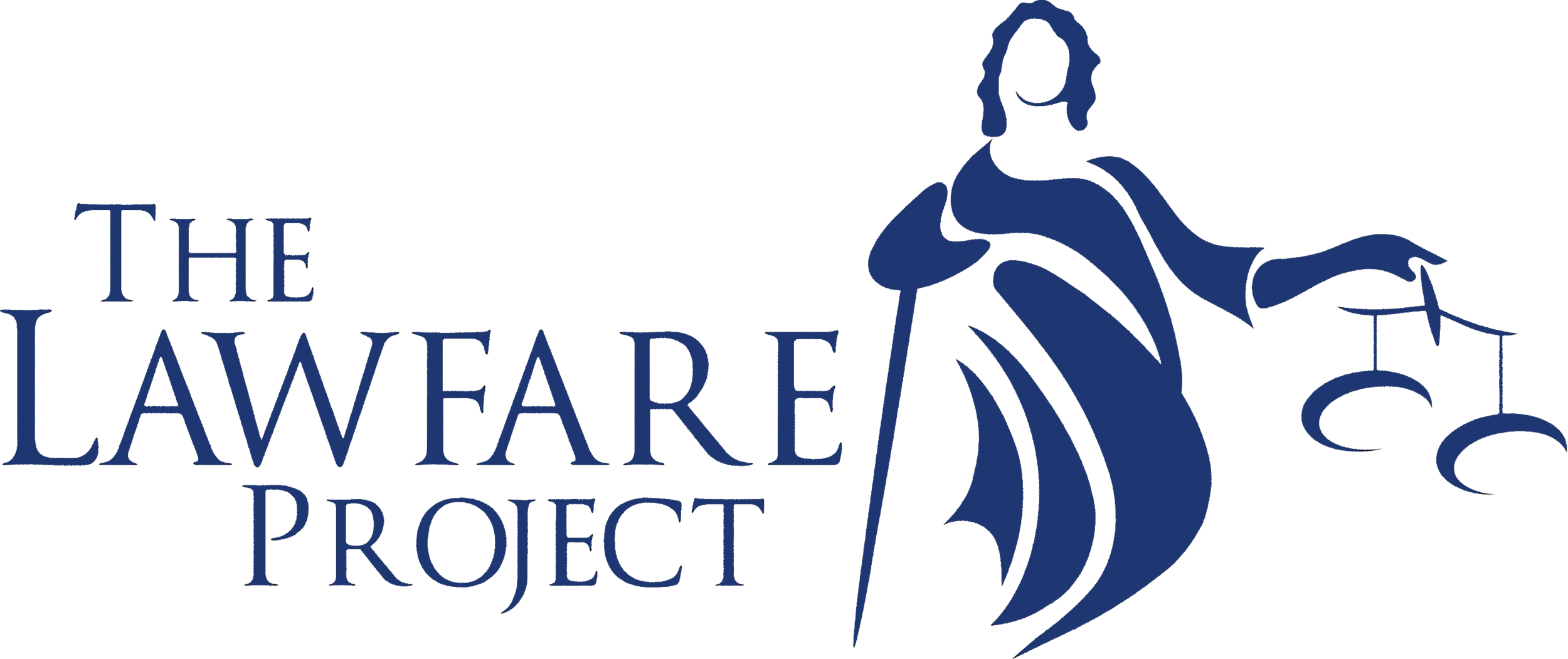Lawfare Project initiates legal action in France to challenge regulation on labeling of Israeli products
May 1, 2017
The Lawfare Project has commenced a legal action before the French Supreme Court (Conseil d’État) to challenge a discriminatory labeling rule applicable to Israeli goods sold and/or marketed in France. Specifically, we seek to invalidate the opinion of the French Minister for Economic Affairs and Finance, which requires that products from the Golan or West Bank be labeled not only with their “West Bank” or “Golan Heights” designation, but with additional information denoting that these regions constitute Israeli settlements (“colonies israéliennes”).
To this end, The Lawfare Project engaged esteemed attorney François-Henri Briard (Supreme Court Attorney of France) to bring the challenge on behalf of Psâgot Winery LTD, an Israeli vineyard whose European distributors are subject to the burdensome labeling requirement.
This week, Briard filed a brief before the Conseil d’État, arguing, among other claims, that the French notice is incompatible with applicable European Union (EU) consumer protection law. There has been no due diligence undertaken by the regulatory authorities to confirm that French consumers would be better informed by, or make purchasing decisions because of, the extra information required by the French notice. Without a conclusive finding by the French Minister that this information is necessary for transparency and consumer product selection, the Minister was acting outside the scope of his authority in implementing this national policy.
Our filing further requests that the French court refer a “preliminary question” to the European Court of Justice (ECJ), arguing principally for a declaration that several aspects of the French notice are inconsistent with the ECJ’s understanding of supreme and binding European consumer protection law. Such an ECJ conclusion would bind the Conseil d’État, thus obliging the French court to revoke the nation’s labeling rule. By doing so, we would obtain a court ruling that would be implemented in all 28 EU Member States.
We also raised the issue of the violation of the principle of equality by the French labeling regulation. Indeed, there is no general interest in exclusively identifying Israeli products from disputed territories, when products coming from other disputed areas of the world — the Kashmir region, Northern Cyprus, Western Sahara, or Crimea, just to name a few — are given such different treatment.
“Time and again, we have seen European institutions impose discriminatory trade regulations targeting Israel on their own constituents, putting burdens on European consumers and traders alike that are harmful to their financial interests,” said LP Director Brooke Goldstein. “This is the opposite of the ‘better regulation’ agenda promised to constituents by the EU. Not only do the challenged regulations place cumbersome requirements on European importers, but the law’s drafters are unlawfully pursuing foreign policy objectives through domestic trade law. This case presents a unique opportunity to legally secure the commercial interests of both French and Israeli businesses, and to send the clear message that European trade regulators have an obligation to pursue policies that favor the interests of the people of Europe.”
